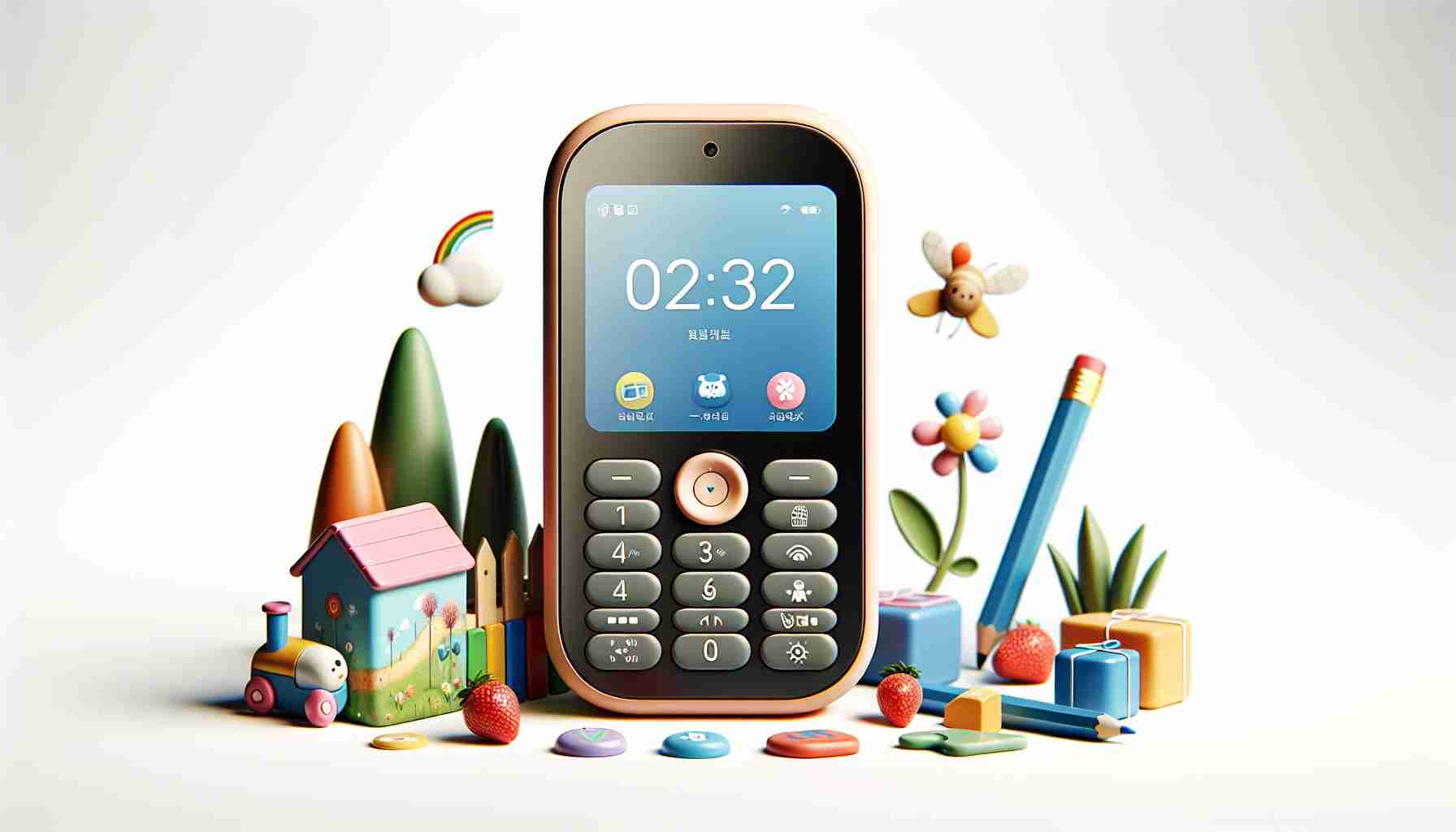Parents are faced with a tough decision when it comes to giving smartphones to their children. Many believe that children under 11 should stick to ‘brick’ phones that only allow calling and texting, as advised by a major mobile network. The concern stems from the complexity of smartphones and the potential risks they pose to young users.
An international survey revealed that over half of parents regretted giving smartphones to their children, citing various negative impacts such as reduced family engagement, disrupted sleep, and limited physical activity. This has led to a growing conversation around the appropriate age for children to have access to smartphones and the need for parental controls.
For children aged 11 to 13, parental controls are recommended if smartphones are introduced. Restricting social media access and using family-sharing apps are also advised. As children grow older, between 13 and 16, the guidance suggests allowing smartphones with strict parental controls to manage inappropriate content.
Regulators are also stepping in to address online safety for children, with the introduction of a children’s code under the Online Safety Act. However, concerns remain that the proposed measures may not be stringent enough to protect young users from harmful content on social media platforms.
Despite differing opinions on the right approach, the consensus is clear: parental guidance and responsible monitoring are crucial in ensuring children’s safety and well-being in the digital age.
Are Simple Phones the Best Option for Kids?
Parents contemplating whether to provide smartphones to their children face a delicate balancing act. While it is commonly advised that children under the age of 11 stick to simpler ‘brick’ phones that only facilitate calling and texting, there are additional factors to consider beyond age restrictions and device complexity.
Key Questions:
1. What impact does smartphone usage have on children’s mental health and development?
2. How can parents strike a balance between connectivity and safety for their children in the digital era?
New Insights:
Recent studies have highlighted that excessive screen time, including smartphone usage, can lead to issues such as attention deficits and reduced cognitive abilities in young children. This underscores the importance of monitoring screen time and content access regardless of the type of phone a child uses.
Challenges and Controversies:
One prominent challenge is the pressure children may face to own a smartphone due to societal norms or peer influence. Balancing these external factors with parental concerns over online safety and digital well-being poses a significant challenge for families.
Advantages and Disadvantages:
Simple phones offer a straightforward means of communication without the distractions and potential risks associated with smartphones. However, they may limit a child’s exposure to beneficial educational resources and opportunities for creativity and skill development that smartphones can provide.
Additional Considerations:
Parents should consider factors such as the child’s maturity level, the necessity for communication outside of the home, and the availability of parental control features when deciding on the most suitable device for their child.
In navigating the complexities of technology and parenting, it is essential to remember that each child is unique, and there is no one-size-fits-all solution when it comes to choosing the best communication device for them.
For further information and resources on parenting in the digital age, visit Parents Magazine.























